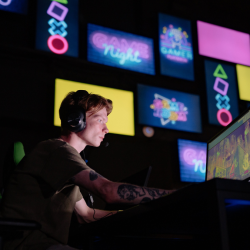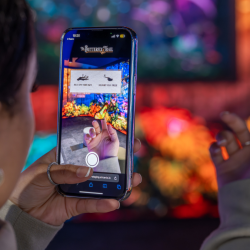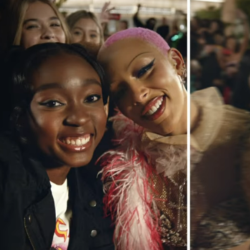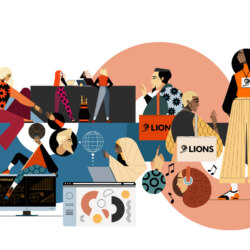Have you ever portrayed your life on social media in a light brighter than its reality?
Many have, and it’s worth questioning why and at what cost. When smartphones emerged, their primary purpose was communication. As features multiplied, however, their role expanded. They now permeate every corner of most of our lives, influencing everything from navigation to personal relationships and our self-worth. In the Experience Machine thought experiment, philosopher Robert Nozick contemplated our quest for genuine experiences. He mused over whether we’d forsake reality for a machine that could offer any desired experience. Today, this thought holds more significance than ever as we reassess our relationship with technology. We immerse ourselves in virtual realities, game simulations, and curated online personas, each serving as an escape from the mundane or the challenges of daily life. But is this escape always healthy?
Could smartphones be our contemporary ‘Experience Machine’, steering us away from genuine living? The reality is, many of us might have already ‘plugged in’. The grip these devices have on us has given rise to a culture of comparison.
But in this digital age, how confidently can we discern the real from the staged? Beyond mere filters, the depth of online deception, especially with AI’s help, is profound. These fabricated online realities don’t just affect the creators but also the audience. Witnessing the seemingly ‘perfect’ lives of peers or influencers might instigate feelings of inadequacy or envy in others. It’s a chain reaction, where one’s illusion becomes another’s source of discontent.
The flood of idyllic lives portrayed on social media paints a stark contrast between perceived success and actual life. If given a choice, would we exchange real experiences for synthetic ones?
Nozick’s reflections provide insights:
The authenticity of action
True joy arises from the act, not just its sensation. Climbing a mountain elates us not merely for the vista but for the tangible hurdles overcome on the ascent.
Being vs. appearing
Our essence seeks growth and authenticity. A digital veneer, no matter how attractive, lacks depth. There’s a chasm between genuinely mastering a skill, like playing the piano, and merely simulating it. Consider social media influencers who have faced backlash for staging philanthropic acts. Their intention might not be genuine goodwill but rather to cultivate a certain image. The line between who they are and what they project becomes increasingly blurred.
Limitation of man-made realities
Simulated experiences, however elaborate, are bound by their design. Real experiences, unpredictable and diverse, bring genuine growth and wonder.
Online behaviours reflect these concerns. Social media’s polished presentations often lead individuals to curate online alter-egos, detaching from their true selves. Presenting a life of luxury, like posing beside a lavish car, might be a mere digital act. This facade can distract from realising such dreams, trapping individuals in a cycle of digital pretence.
Furthermore, the digital realm’s dominance compromises personal relationships. Real-life interactions take a backseat, replaced by text messages, emojis, or likes. While these offer instant gratification, they can’t replace the depth and warmth of face-to-face conversations. The knowledge of living a dual life, one authentic and the other a mere projection, can lead to underlying dissatisfaction. True contentment stems from authenticity and tangible accomplishments, not superficial portrayals. Our pursuit of happiness reaches beyond digital screens or wistful memories of bygone days.
The modern era demands a focus on human-centred technology that amplifies real human experiences. Imagine platforms promoting genuine connections and digital spaces that foster actions over illusions. These aren’t distant visions but emerging realities, indicating a shift towards technology that truly complements us.
In conclusion…
Our technological odyssey parallels any evolutionary path, marked by learning and growth. The challenge, amidst this rapid evolution, is ensuring our innovations remain ‘fit for purpose‘. As real and virtual worlds increasingly intertwine, our shared aim should be leveraging technology to enhance our human essence, grounding it in genuine aspirations rather than fleeting mirages.
As we step further into the digital age, it’s essential to regularly introspect: are my online actions, words, and portrayals true reflections of who I am? And more critically, how might they be affecting others?
Featured image: Karsten Winegeart / Unsplash
































